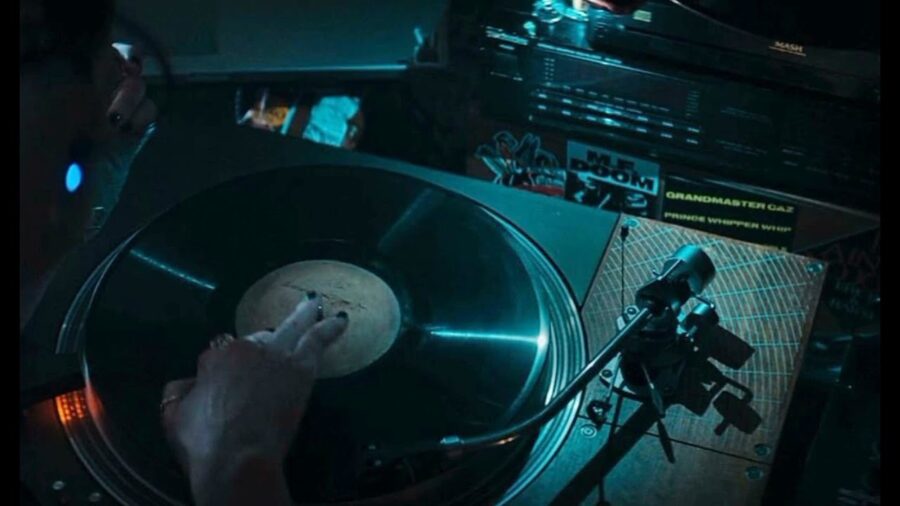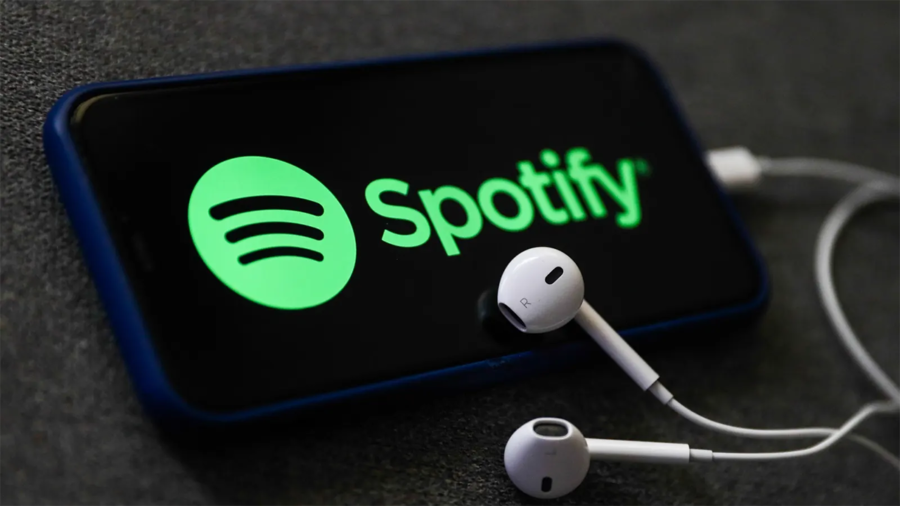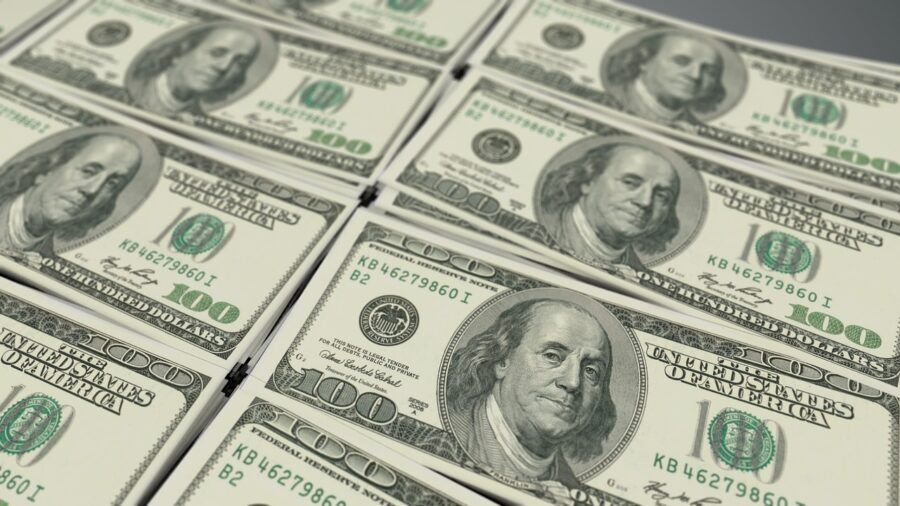AI Music Fraud Case Heads To Court

In a groundbreaking case for the adjudication of AI, a North Carolina musician named Michael Smith has been arrested and charged with fraud for allegedly scamming his way into over $10 million worth of royalties for music that he didn’t create. The AI music fraud case revolves around the use of automated features as well as multiple profiles to stream AI-generated songs continuously. While AI music isn’t illegal, collecting revenue intended for original compositions on multiple unique profiles at once might be, and the case is heading to court to be adjudicated.
Padding The Streaming Numbers For A Hefty Payday

The defendant in the AI music fraud case admitted in an email to generating four billion streams and $12 million in revenue since 2018. Named in the indictment are the music streaming platforms, Amazon Music, Apple Music, Spotify, and YouTube Music. The fraud charges originate not just because the songs were created by a co conspirator using AI, but also because bots were used to automatically stream the AI content on multiple platforms continuously, breaking the rules of the streaming platforms, and allegedly the law as well.
A Multi-Billion Dollar Industry

Streaming platforms in the US are big business, as music has begun to adopt a similar subscription model to streaming movies and TV. Music streaming sites made about $7.3 billion in the first half of 2024, making the model the most successful in its history. The AI music fraud case hinges on the misuse of the royalty payment system associated with these streaming services, collecting royalties on songs played by bots deployed by the very artist who created them.
Debating The Legality Of The Matter

Fooling the guardrails set up by streaming companies involved the creation of multiple fake profile accounts that were automated to stream the songs posted by the defendant. While the tactic is definitely against the rules of the music streaming platforms, it’s yet to be decided by a court whether it’s illegal. Also, the most egregious violation involved, which is the creation of content using the collective contribution of thousands of artists whose work has been scraped from various sources on the internet without compensation, will not be the source of any prosecution in the case.
Focusing In On The Fraud

While the creation of the songs using AI isn’t the reason for prosecution in this case, certainly the alleged fraud couldn’t have been carried out without it. Because software used by streaming platforms to detect bot-driven AI music fraud is so advanced, a would-be fraudster needs to generate a massive amount of content in order to skirt the rules. So even though the AI in the case largely refers to the creation of bots set up to trick the platforms’ digital sentries, AI-generated music is still a focus of the case.
A Guilty Verdict Comes With A Hefty Penalty

The sentence for the collective counts of wire fraud, wire fraud conspiracy, and money laundering is 60 years in prison. While it’s unlikely that any of the artists who were unwittingly used in the commission of this alleged fraud will be compensated, the music industry asserts that the royalties collected in this AI music fraud are ones that should have gone to legitimate artists. Because this case involves streaming music platforms as well as AI, it will likely be helpful in setting precedent on which to move forward as AI continues to evolve in the content creation sphere.
Source: Justice.gov













